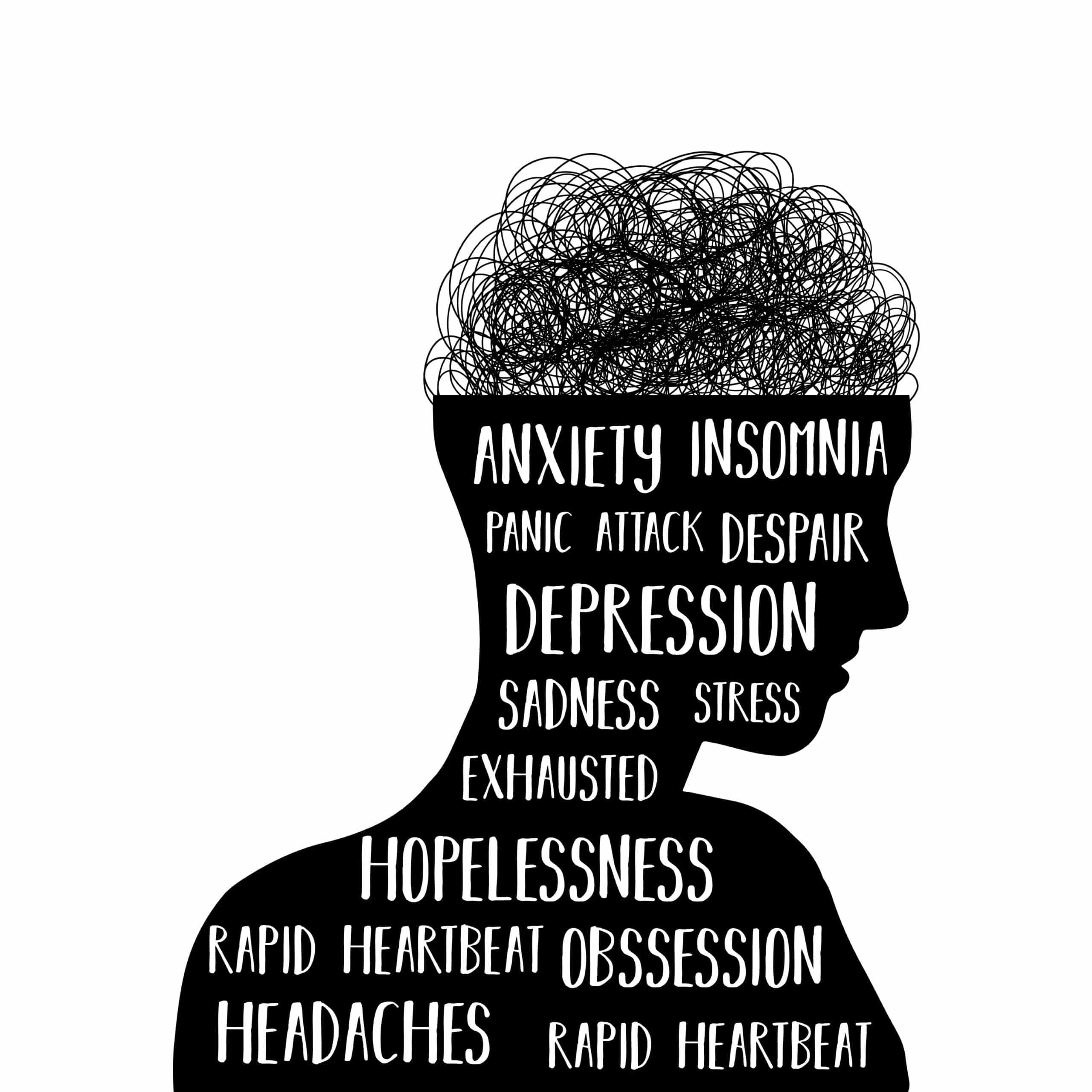Reasons To Prioritize Your Mental Health
Here are some reasons why we need to make our mental health important.
Mental Health Affects Our Relationships
In the thick of it, we often don’t realize how we impact others. However, mental health greatly affects how we relate to our family and friends.
Mental illness frequently results in passive-aggressiveness, hostility, and the incapacity to participate in social activities. This can lead to conflicts with family and friends. Also, mental health issues can sometimes manifest in feelings of wanting to ruin our family members for no apparent reason. However, with self-care and medication, we can grow beyond these thoughts and maintain good mental stability while continuing to nurture our relationships.
Mental Health Affects Our Emotional Self
This is probably obvious, but having mental health issues affects how we feel on the inside.
Having a mind filled with negative thoughts can make us not only hate ourselves, but also feel hopeless, disturbed, and suicidal. In order to not feel so bad all the time, mental health needs to be a priority. We need to take care of ourselves by talking with others—whether it be friends, family, or a therapist—and showing love to ourselves as well.
Show yourself some gratitude, and don’t beat yourself up too much. Mental health is a process, and everything takes time.
Mental Health Affects Our Physical Self
Our bodies and minds are connected to each other.
Mental illness can be a catalyst to stress and weaken our immune system. For instance, when someone is chronically under stress, their glucocorticoid response is impaired. If glucocorticoid response is constantly impaired, this can lead to chronic health problems—such as metabolic and immune disorders. A low immune system can compromise our body’s capacity to deal with illness.
Additionally, anxiety and sadness can be caused by a sick mind, which makes it hard to stay active and move around. Therefore, mental health awareness is important because we need to take care of ourselves.
Mental Health Is Connected to Finances
Maintaining your mental health is important because it will improve your productivity and financial stability.
Some studies show people with serious mental illnesses earn about a third less than other people. This makes sense because working is much harder if you don’t feel mentally well. When you have mental health issues, you’re more likely to be unmotivated to get out of bed and do anything. Going to work and making money seems like it’s the last thing in mind.
The World Health Organization estimates that anxiety and depression cause a loss of 12 billion working hours each year. With all of this lack of productivity, no money is being made. Therefore, prioritizing our mental health makes achieving financial stability and maintaining a strong work performance easier.
Mental Health Affects Our Quality of Life
Mental health is important, and a healthy brain leads to a better quality of life.
When someone has mental health issues such as depression or anxiety, it can make them lose interest in things that they probably really enjoyed before. With poor mental health, we can become overwhelmed by the ups and downs of everyday life. It can get so bad to the point that we are unable to carry out even basic tasks.
Mental health that is not treated can lead to feelings such as hopelessness, guilt, fear, anxiety, and fear. If you are experiencing these symptoms, it is important to seek help from a professional for mental health before it is too late.
Mental Health Can Bring People Together
If we promote the importance of mental health, we can create better support facilities for people who have mental illness. It can help create a more tolerant, kind, and compassionate global society and improve the chances of recovery from mental illness.
Having a community is one of the greatest things that can positively impact someone struggling with their mental health. It creates a support system and fosters accountability. It gives people a safe space and others who understand what they’ve gone through.




